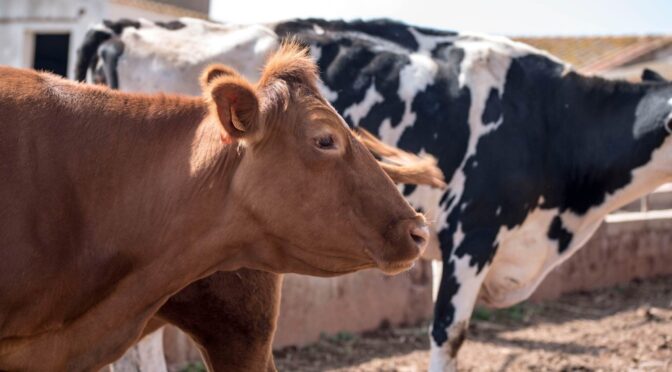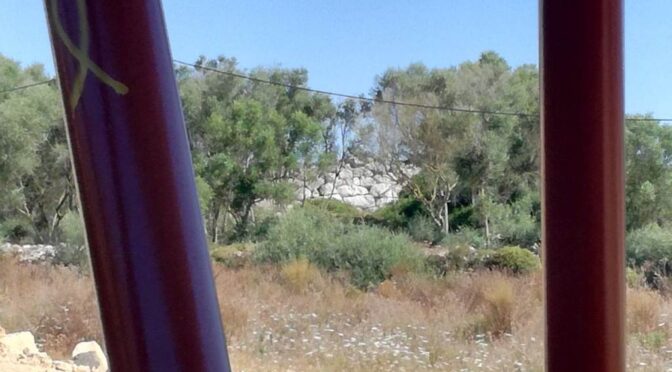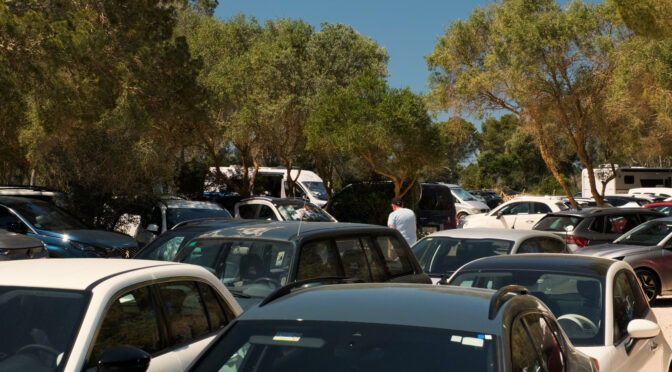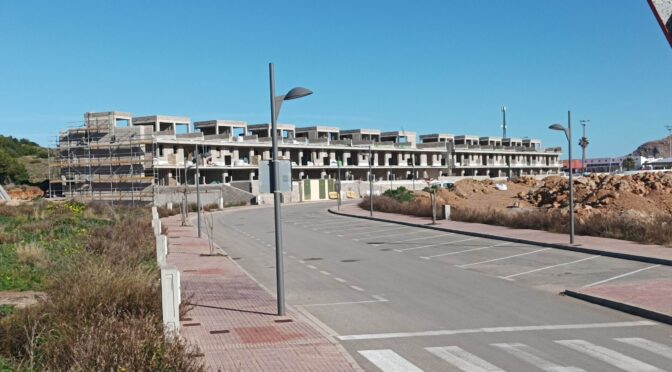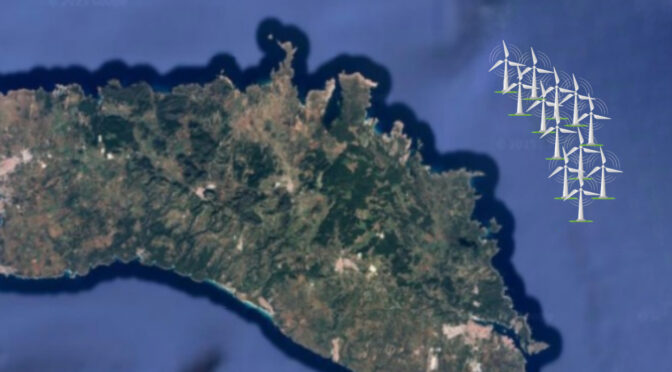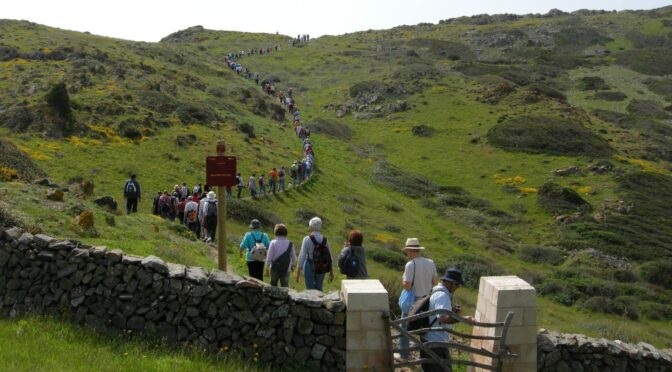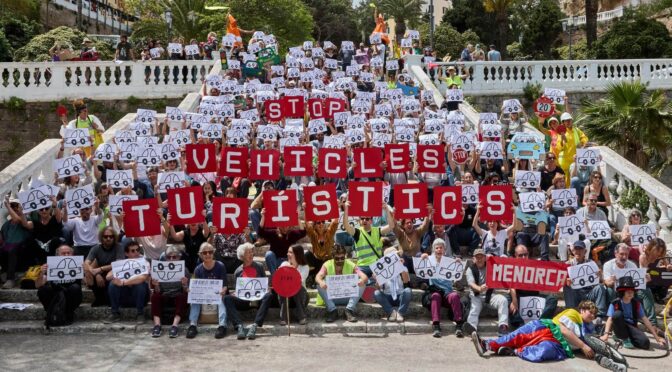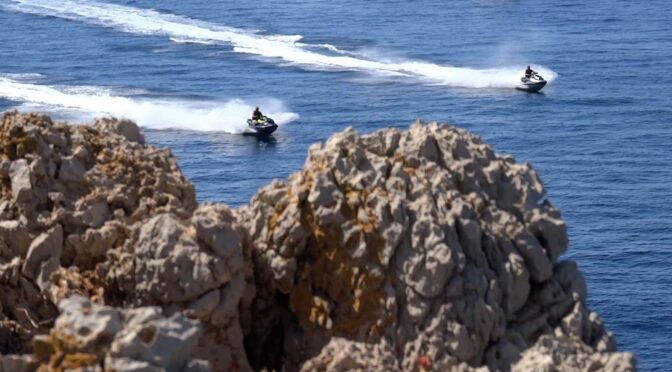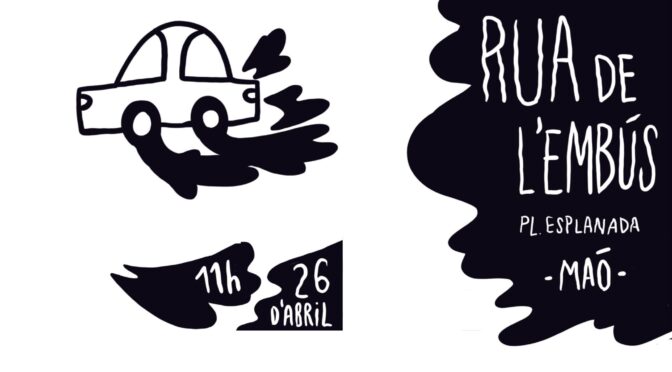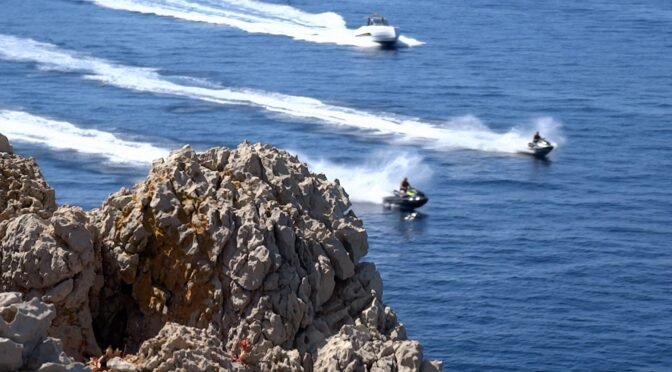Views: 1382
A huge thank you to the more than 500 people who gathered in the streets of Maó to demand a change of course for our island.
Every April, as the tourist season begins, we witness the same spiral of resource consumption, overcrowding, and traffic congestion from tourist vehicles. Our protest campaigns continue because, even after another year, we are still waiting for effective action from the Island Council of Menorca to prevent a growing collapse.
Continue reading New call to curb touristic overcrowding in Menorca →

